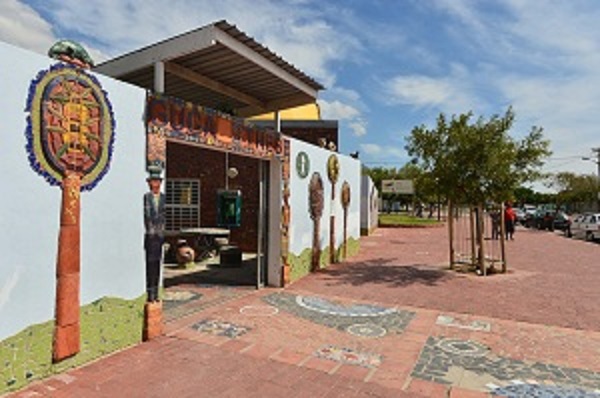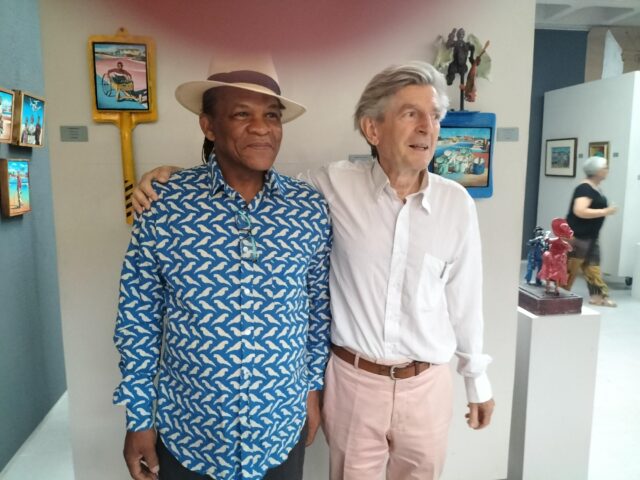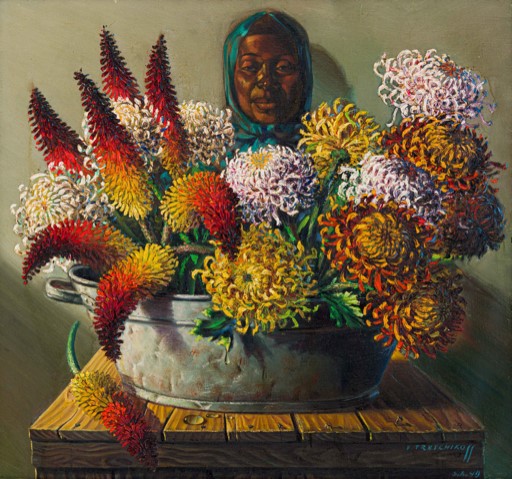Cape Town’s Arts and Culture Department has kick-started a six-month campaign to encourage Capetonians to have their say about the future of the Langa Cultural Precinct.
In a truly inclusive manner, communities (especially Langa residents) are invited to put forth suggestions on how best to improve the precinct so that it works for all key stakeholders.
The precinct preserves the township’s rich cultural history and supports creative talent. The aim of these engagement sessions is to revitalise this cultural hub and this is the Arts and Culture Department’s key World Design Capital (WDC) 2014 project.
‘We would like to encourage Capetonians from across Cape Town to participate in the engagement sessions. This collaboration with our communities is crucial to develop a plan to increase the use of the cultural hub. The Arts and Culture Department will use design thinking to engage with a range of stakeholders to transform the centre into a significant and vibrant cultural hub that is relevant to all Capetonians. This process will culminate in 2015 with a shared and implementable plan which the Department will action,’ said the City’s Mayoral Committee Member for Tourism, Events and Marketing, Councillor Garreth Bloor.
The Langa Cultural Precinct is made up of the Guga S’thebe cultural centre, the Old Pass Office Museum, and the old Post Office building and currently attracts approximately 1 000 tourists each month.
A new multipurpose indoor cultural facility is in process of development on the Guga S’thebe site – a ‘design-build’ project donated by two architecture schools from Germany.
The launch of this six-month project coincided with the opening of the University of Cape Town’s African Centre for Cities exhibition at the Old Post Office building. The exhibition titled Counter-Currents: Experiments in Sustainability, which will run until June 2015, offers residents and visitors a penetrating insight into the challenges and possibilities facing our city.
The exhibition is a showcase of bold urban development initiatives by both the state and the private sector, which aim to shift public ideas and discourses about the future of Cape Town.






